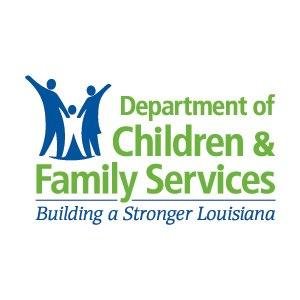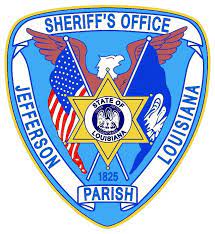
Do’s
Tell your child that you will do everything in your power to keep them safe but be mindful not to make promises that you may not be able to keep.
Dont’s
If you suspect a child has been the victim of abuse, or witnessed a violent crime, contact your local Police Department, Sheriff’s Office, Department of Children & Family Services (DCFS) or, in the event of an emergency, call 911.
Louisiana DCFS (if the offender lives with or cares for the child): (855) 4LA-KIDS
Jefferson Parish Sheriff’s Office Personal Violence Unit: (504) 364-5362


